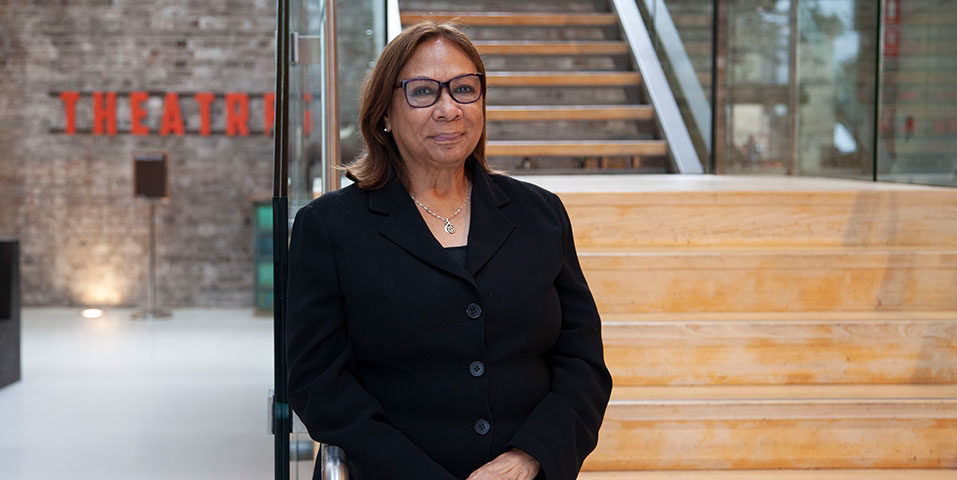AFTRS Elder in Residence Sonia Smallacombe explains the history of National Reconciliation Week and the significance of this year’s theme, ‘In This Together’.
Australia celebrates National Reconciliation Week every year between 27 May and 3 June. This year’s theme, In this Together, taps into the current pandemic crisis as well as highlighting the ongoing project of national reconciliation.
The dates 27 May and 3 June commemorate two significant milestones in the reconciliation journey:
- The 1967 Referendum acknowledging Aboriginal and Torres Strait Islander peoples.
- High Court Mabo decision.
The 1967 Referendum allowed the Commonwealth of Australia to make laws with respect to Aboriginal and Torres Strait Islander peoples (amendment to Section 51) and allowed for the first time, that people identifying as Aboriginal and Torres Strait Islander could be legally recorded in the results of the Australian Census.
On 3 June 1992 the High Court of Australia recognised that a group of Torres Strait Islanders, led by Eddie Mabo, held ownership of Mer (Murray Island) and is known as the Mabo decision. In acknowledging the traditional rights of the Meriam people to their land, the court also held that native title existed for all Aboriginal and Torres Strait Islander peoples in Australia.
National Reconciliation Week is preceded by National Sorry Day on 26th May. Since May 1998 the day has been held to remember and acknowledge the mistreatment of Aboriginal and Torres Strait Islander people who were forcibly removed from their families and communities, which we now know as ‘The Stolen Generations’.
This year, National Reconciliation Week will mark 20 years since 250,000 people participated in the Corroboree 2000 Bridge Walk across Sydney Harbour Bridge. This walk was in support of Indigenous Australians and was organised by the Council for Aboriginal Reconciliation (now known as Reconciliation Australia), to promote greater understanding between Indigenous and non-Indigenous Australians.
For many Aboriginal and Torres Strait Islander peoples, National Reconciliation Week is a time for all Australians to confront its own history of colonisation, dispossession, genocide and political domination of its First Peoples.
Read more on the National Reconciliation Week website.
Find out more about AFTRS Indigenous and follow us on the AFTRS Indigenous Facebook page.
